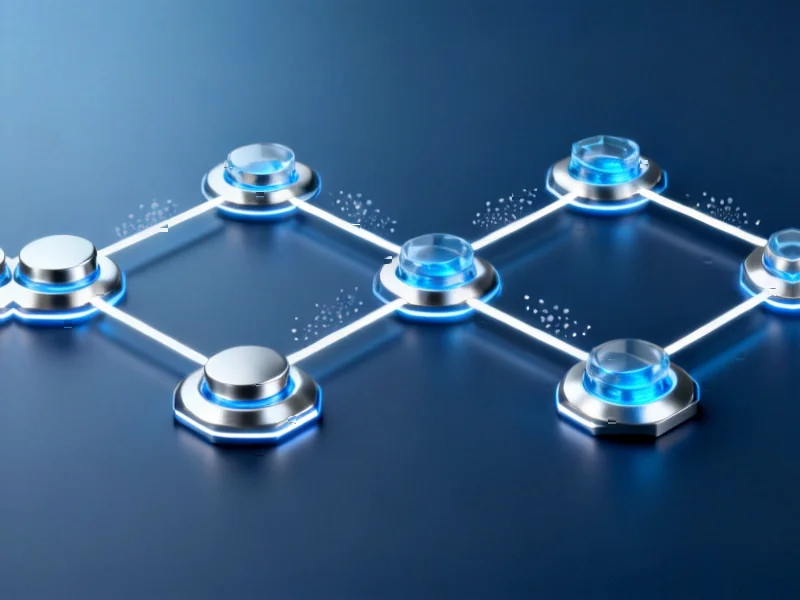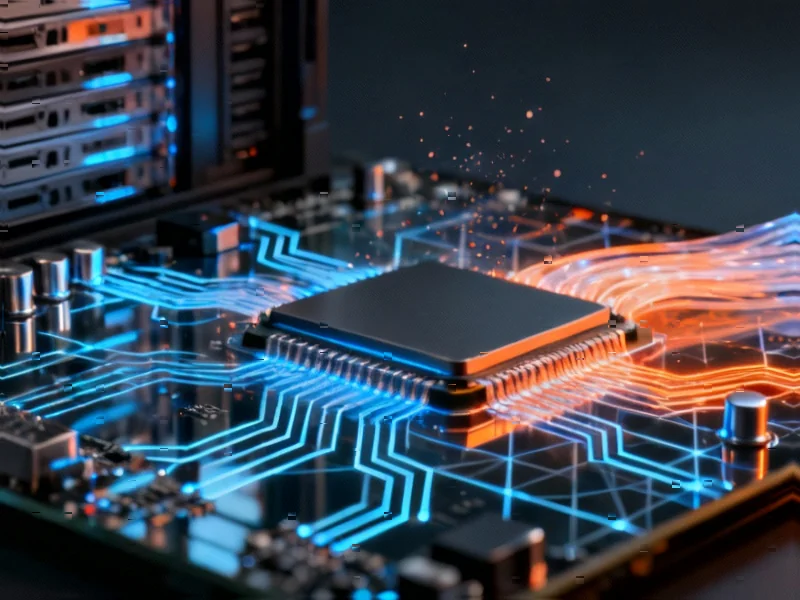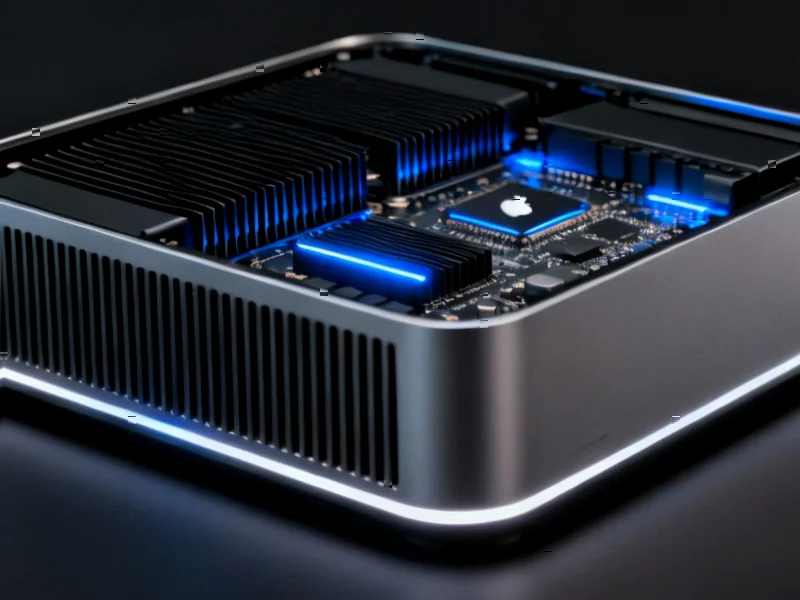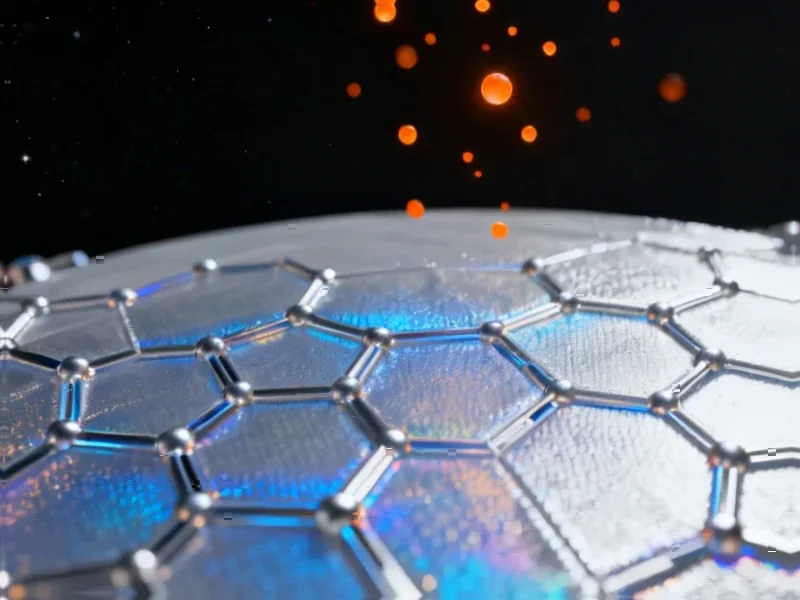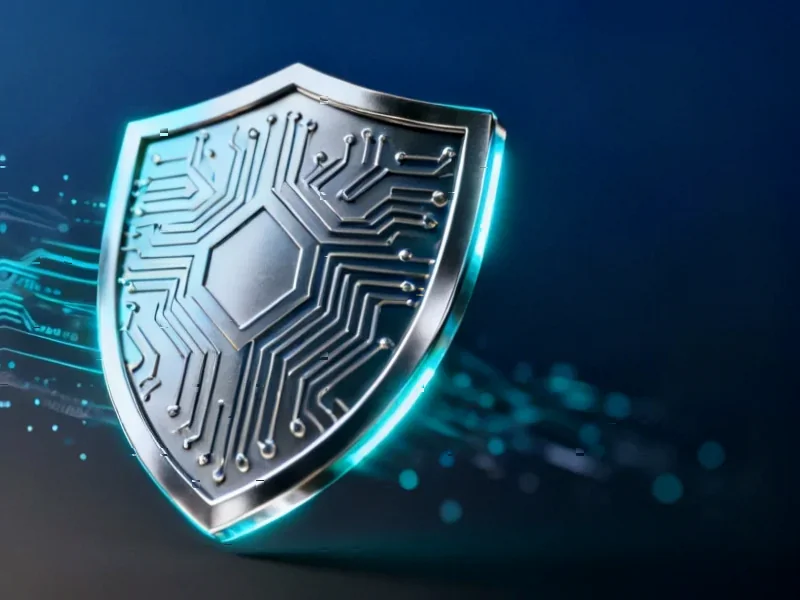Trump Appoints Laura Swett as New FERC Chair Amid Rising Energy Demand
President Donald Trump has appointed Republican commissioner Laura Swett as the new chairman of the Federal Energy Regulatory Commission. The leadership change comes as the U.S. faces record electricity demand driven by artificial intelligence, electrification, and industrial growth.
New Leadership at Critical Juncture
President Donald Trump has selected Republican Laura Swett to lead the Federal Energy Regulatory Commission, according to the agency’s Friday announcement. Swett takes the helm at what industry observers describe as a pivotal moment for America’s energy landscape, with electricity demand climbing at unprecedented rates.
